Protestors displaying a copy of the Standard Newspaper along Waiyaki Way during Justice For Albert Ojwang Protests on June 17, 2025. [Kanyiri Wahito, Standard]
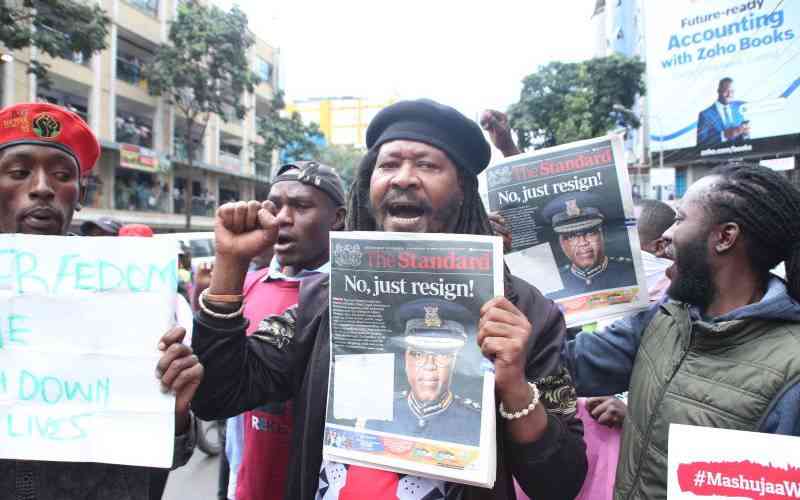
Protestors displaying a copy of the Standard Newspaper along Waiyaki Way during Justice For Albert Ojwang Protests on June 17, 2025. [Kanyiri Wahito, Standard]
Earlier this month, Kenya woke up to shocking news of the death of teacher Albert Ojwang while in police custody. His death, which the police initially claimed was by suicide before retracting that theory of events in the wake of new evidence and public outcry, is unfortunately not an isolated case.
According to the Independent Policing Oversight Authority (IPOA) chairman in a recent statement to MPs, 20 people have died while in police custody in the last four months. These numbers, probably under-reported, reflect a crisis that should worry all of us when police stations, which one would presume to be safe, become killing fields.
IPOA is tasked with investigating any complaints related to disciplinary or criminal offences committed by any member of the National Police Service. It then makes recommendations such as for prosecution, compensation and internal disciplinary action to relevant authorities.
Given the increasingly repressive environment hell-bent on curtailing fundamental rights and freedoms by Kenyans and the enabling role of the police, IPOA is potentially our bulwark against further erosion of the rule of law and democratic backsliding. To live up to this expectation, the Authority should draw from progressive international standards and practices related to its mandate. I will highlight some of these standards and practices, with particular focus on investigating torture and death in police custody.
Acts of torture and unlawful deaths in police custody not only violate our Constitution and domestic legislation but also international human rights treaties and conventions that Kenya has ratified. For example, Kenya is a State party to the Convention Against Torture and Other Cruel Inhuman or Degrading Treatment or Punishment.
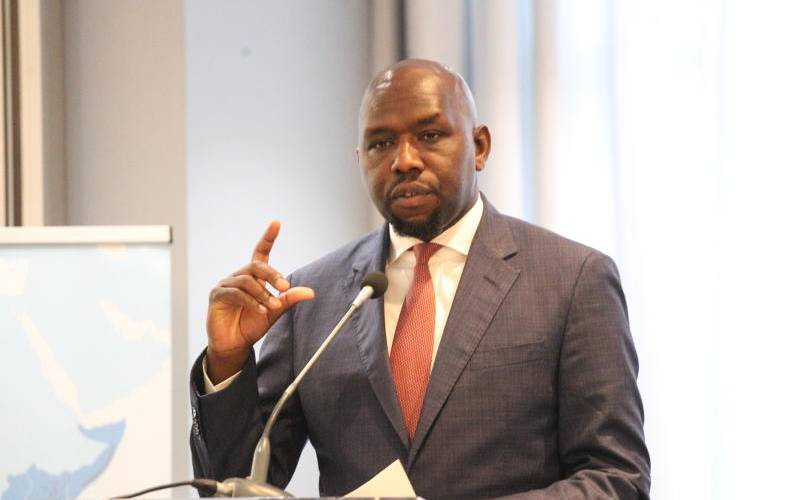
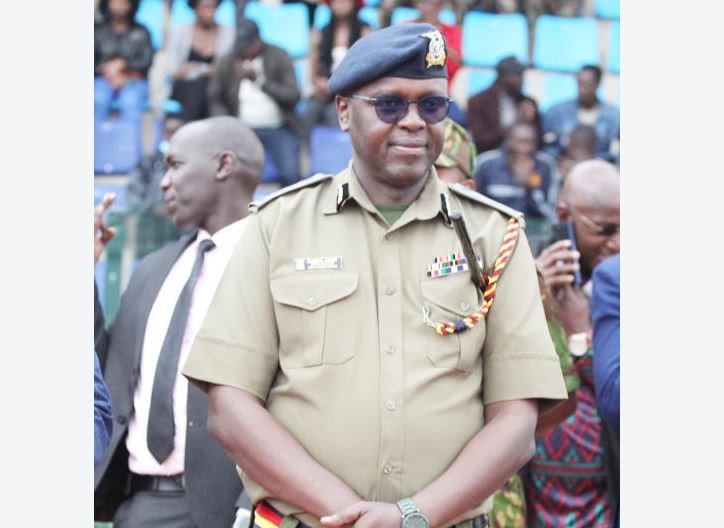
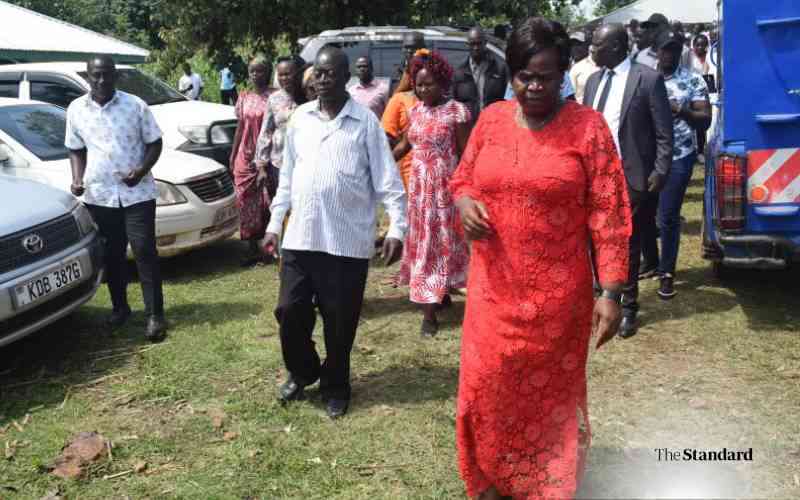
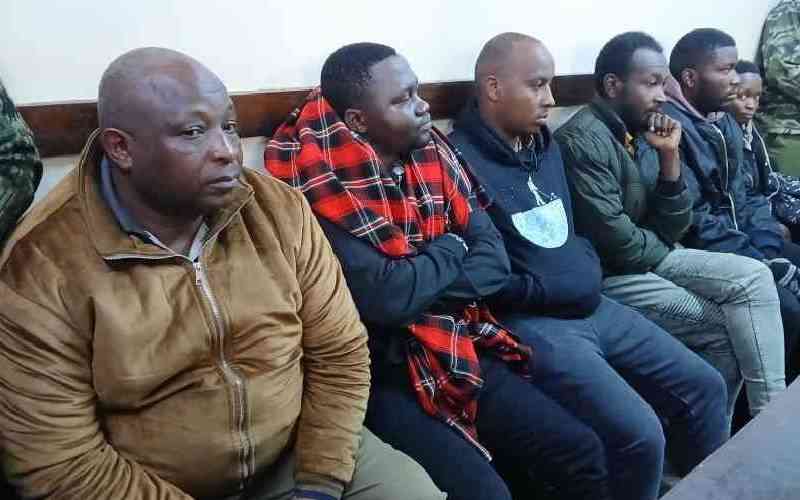
This Convention prohibits torture which it defines as acts of intentionally inflicting severe pain or suffering whether physical or mental for purposes such as extracting information or a confession, intimidating or coercing the victim or punishment for an act done or suspected to have been by the victim. Kenya has also ratified the African Charter on Human and Peoples’ Rights as well as the International Covenant on Civil and Political Rights (ICCPR). Both instruments guarantee everyone the right to life and prohibit arbitrary deprivation of life. Facts surrounding Ojwang’s death point to violation of these international conventions.
Regional and international treaty bodies that monitor implementation of some of the international human rights instruments that Kenya is a party to have provided interpretive guidance on situations involving torture and death while in police custody. The African Commission on Human and Peoples’ Rights has, for example, issued General Comment No. 3 on the right to life and taken the position that when the State deprives an individual of liberty, its control of the situation yields a heightened level of responsibility to protect that individual’s rights.
The Commission has further guided that where a person dies in State custody, there is a presumption of State responsibility and the burden of proof rests upon the State to prove otherwise through a prompt, impartial, thorough and transparent investigation carried out by an independent body. Similarly, the Human Rights Committee, which monitors implementation of the ICCPR, in General Comment No. 36 on the right to life has determined that loss of life occurring in custody, in unnatural circumstances, creates a presumption of arbitrary deprivation of life by State authorities, which can only be rebutted on the basis of a proper investigation.
The African Court on Human and Peoples’ Rights in Kennedy Owino Onyachi vs Tanzania clarified that although there is a general rule that whoever alleges a fact has to provide evidence to prove it, this rule cannot be rigidly applied in human rights cases where victims are in custody because there circumstances are shrouded in secrecy.
As IPOA investigates Ojwang’s death and others, it should draw inspiration and guidance from the highlighted international standards, among others. The rule of law is under serious strain. We need every tool and all hands on deck, domestically and internationally, to push back against non-democratic forces seeking to normalise human rights violations.